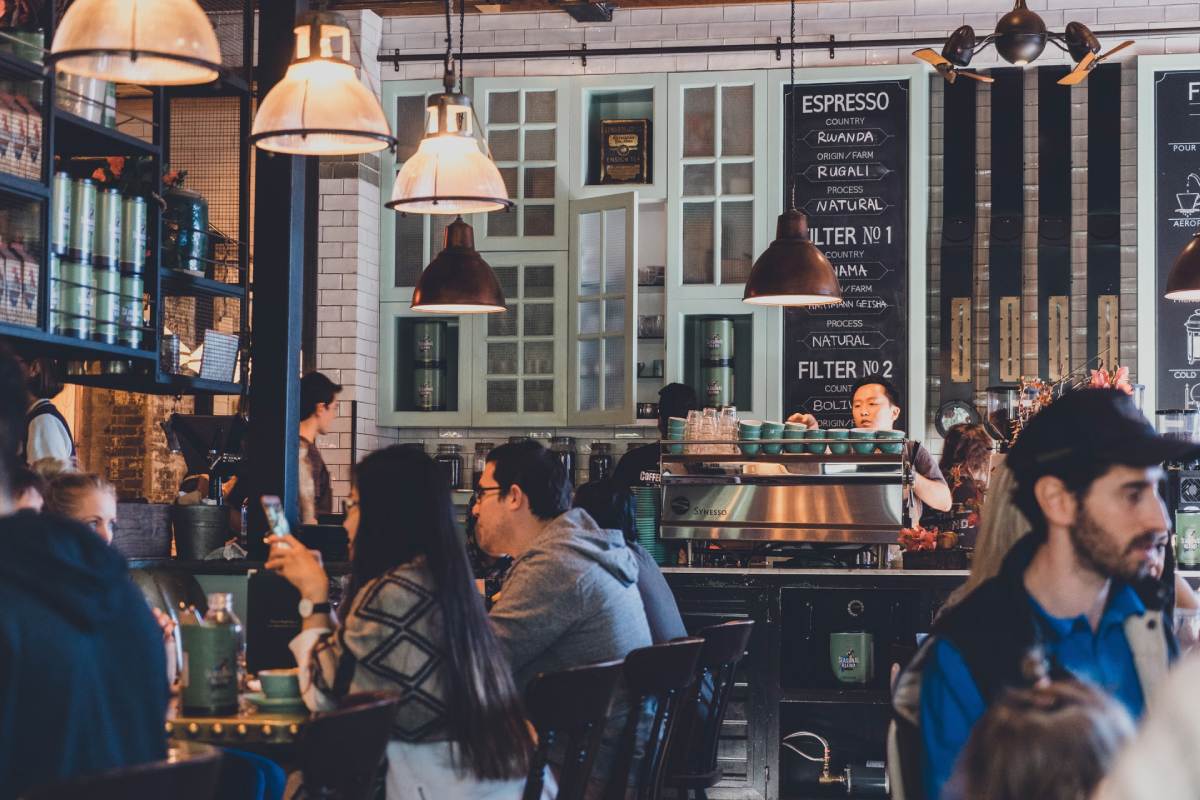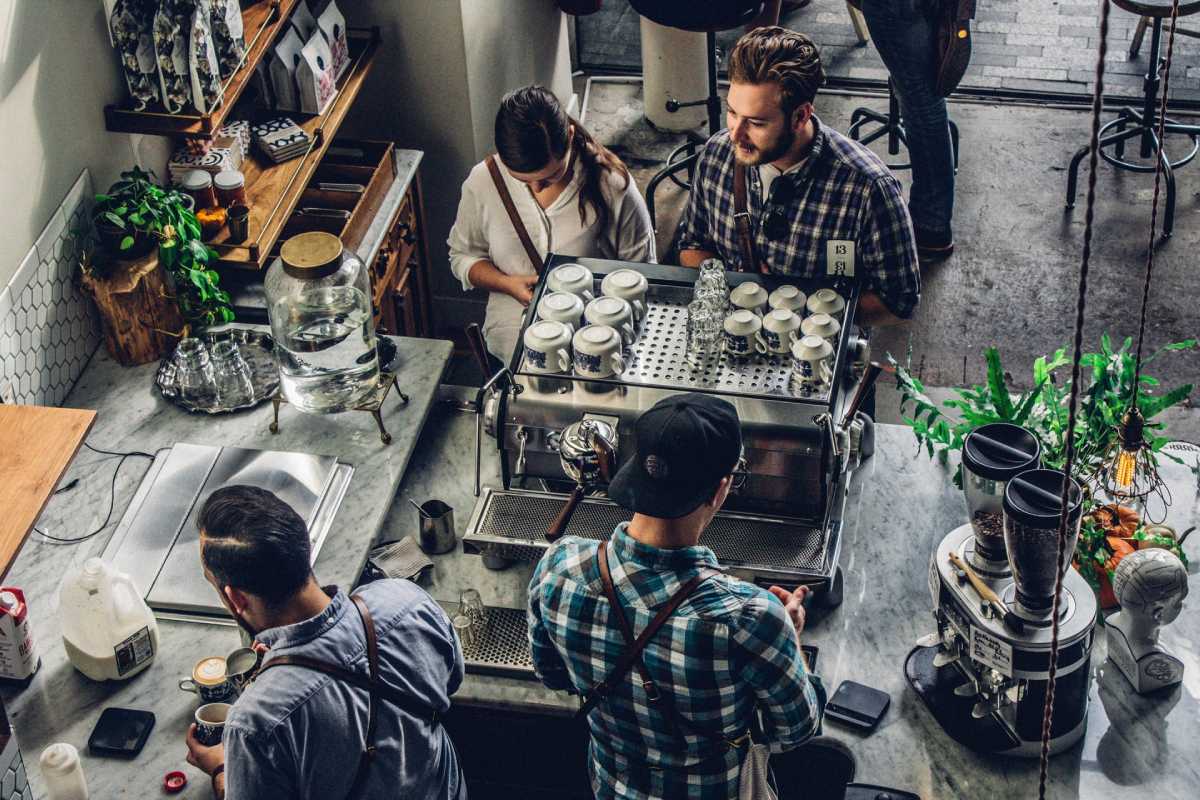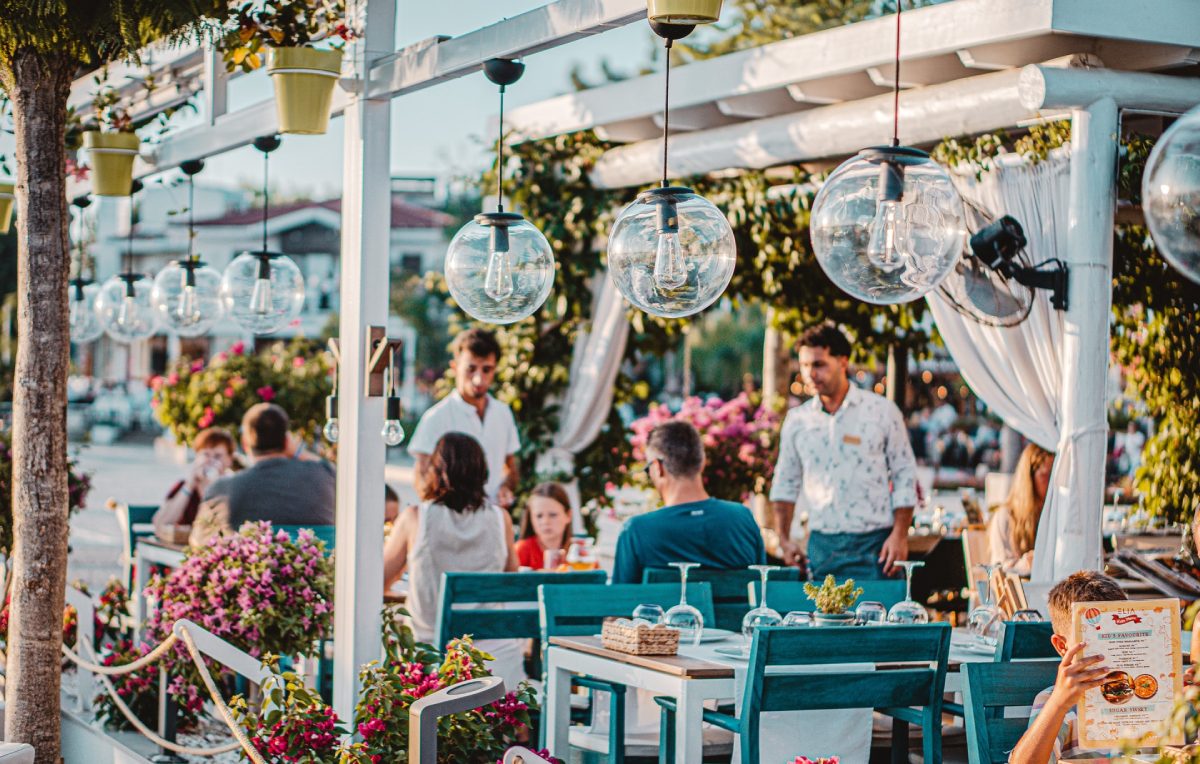A food and beverage business idea hits you. You’re making all sorts of plans, from crafting a menu to creating a design for your establishment. When you share the idea to close friends, they respond with questions that imply a confusion. They’re not sure if your business is a restaurant or a café.
Now you’re stumped yourself because all along you thought you were clear. You’re wondering yourself if your menu matches a restaurant or café.
So which is it?
What’s the Difference Between a Café and Restaurant?

In a nutshell, here’s the difference: all cafés are restaurants, but not all restaurants are cafés.
A restaurant is a business that offers food and beverages. The menu of a restaurant may be large and all-inclusive, or it may be focused and seasonal. It could offer diners an international mix of cuisines or stick to local fare. Alternatively, it may dish out unique pairings and fusions.
Some of the award-winning restaurants in the US include:
- Manresa – serves Californian cuisine
- Atelier Crenn – from well-known chef Dominique Crenn; serves French cuisine in San Francisco
- Masa – a sushi Japanese place in New York; it’s earned the title of the most expensive resto in the US from 2005 to 2009
- Chef’s Table at Brooklyn Fare – offers a personalized take on dining with a French-Japanese inspired menu
- Alinea – from another popular chef and restaurateur, Grant Achatz, this award-winning resto boasts a multi-sensory menu oof tasting courses and fine dining
These are all restaurants and each has won about three Michelin stars, a prestigious rating system that has been a badge of culinary excellence for many restaurants. Yes, most of these dining places tend to be on the posh side. That means swanky interiors, a likely wait list for reservations and a well-trained waitstaff.
But the price of a meal, the ambiance and the overall service do not determine whether your business is a restaurant. Some dining places have “café” attached to their name even when they run a restaurant.
Businesses like Café Monarch, a fine dining place serving New American cuisine in Arizona, and Blue Bonnet Café, a restaurant in Texas serving comfort food and specializing in breakfasts.
What Makes a Café a Café?

A café, on the other hand, focuses on beverages, such as coffee, tea and juices. The menu will also include food, but options may be limited to sandwiches, pastries, breakfast items — most of the food may be lighter and easier to take away. So if you don’t plan to invest in a full kitchen, chefs and a staff, a café may be the best option as a business in the food and beverage industry.
Although a café may keep a back of the house and front of the house staff, but fewer than a restaurant would need to hire.
A café is considered a café not just by the limitations on its menu, but also by its scale. These dining places also tend to be smaller, intimate places than restaurants. Corporate types usually pick these places to meet because they’re also generally quieter than a restaurant.
But what if your idea seems more like a Starbucks? Is Starbucks a café or restaurant?
Starbucks is a coffee shop. A café doesn’t have to just focus on varieties of coffee or serve it exclusively, but a coffee shop does. A coffee shop will have different brewing methods as well as a wide range of coffee. Whereas a café focuses on food, a coffee shop focuses on the brewed drink.
So if you’re thinking about opening a coffee shop versus a café, focus on your brew offerings.
What’s the Process for Opening a New Restaurant or Cafe?

A well-defined business concept helps you find your place in the competitive food and beverage industry. When you know you’re opening a restaurant or café, you’ll have an easier time marketing it to the right consumers. You’ll also be clearer about your menu offerings, preventing any confusion about what to serve and not to serve. And your customers know exactly what to expect from your dining place. A full gourmet meal from a restaurant or quick sandwich from a café.
Since you’re solid on your business concept, how do you go from idea to execution?
- Build a business plan that covers analysis of your target market, location and the competition. Create a marketing strategy, management strategy and financial plan for your restaurant or café business.
- Work with a financial planner on your funding options.
- Register the business.
- Apply for licenses and permits; if you’re planning to open a restaurant bar, secure a liquor license.
- Buy or lease your equipment.
- Hire the right staff.
A restaurant or café business is not an easy venture. It’ll take resources, patience and commitment to take your dining place from opening day to neighborhood favorite.
You must be the first one in and the last one out as the owner of your business. Even for something as seemingly simple an operation as a fast casual restaurant or a corner café, the food and beverage business is hard work. So prepare to roll those sleeves up to ensure a successful commercial venture.